





 |
 |
 |
 |
 |
 |
| Central Warriors | profile | all galleries >> Biographies >> Robert Finlay | tree view | thumbnails | slideshow |
 Robert Finlay |
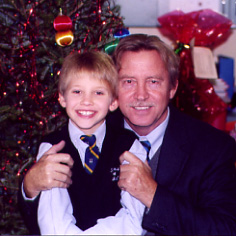 finlayroblars.jpg |
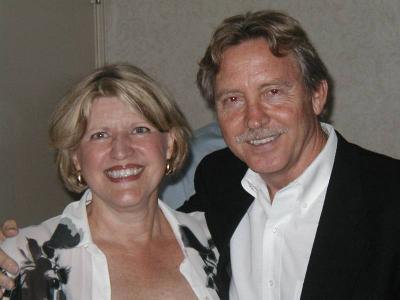 surrency finlay.jpg |
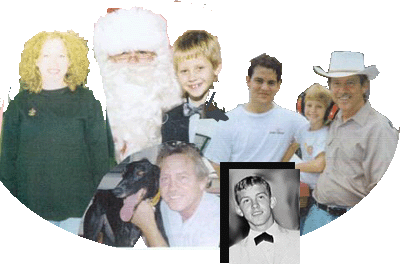 Finlay Family |
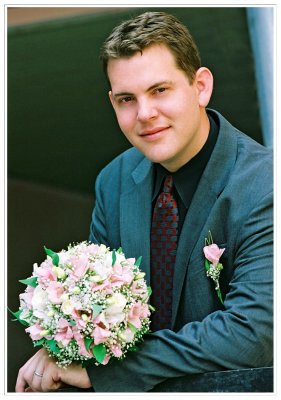 ROBERT FINLAY JR. |
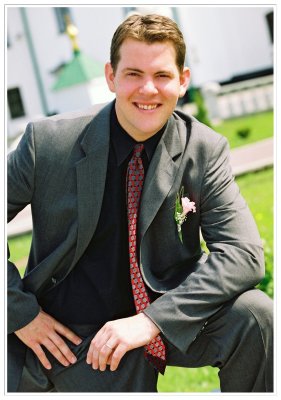 Future groom |
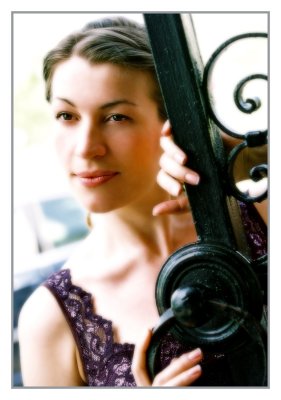 Natasha, future bride |
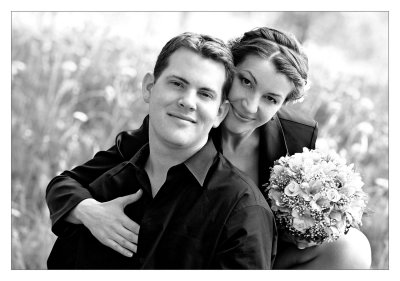 Isn't love Grand? |
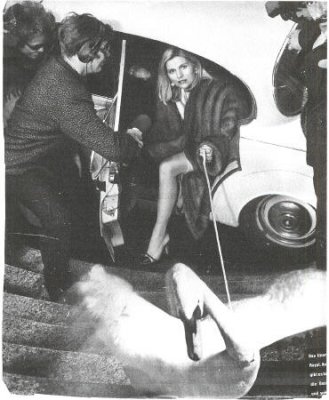 FINLAY'S FAVORITE |
| comment | share |
| Guest | 04-Aug-2010 15:32 | |